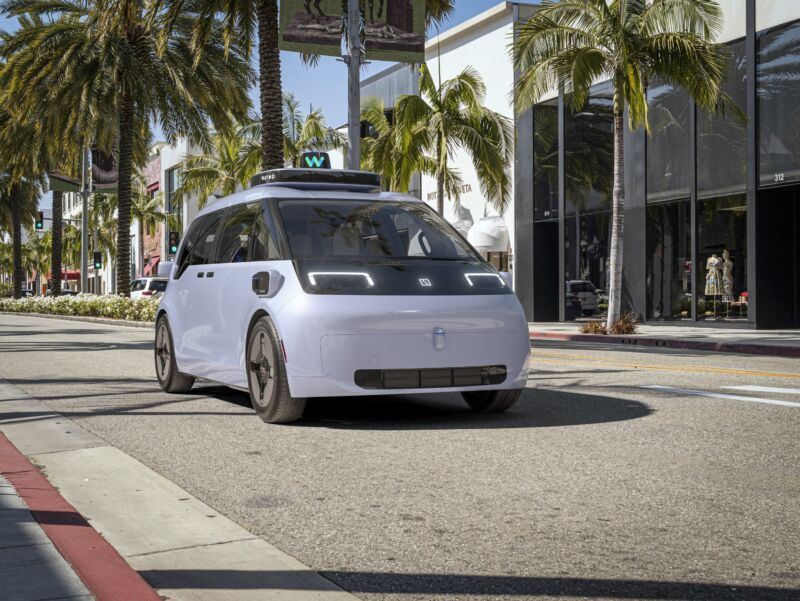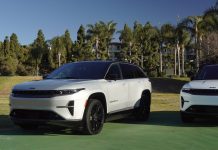Waymo is conducting more than 50,000 paid rides a week, Alphabet says.

Google’s parent company, Alphabet, will invest another $5 billion over the next few years in its autonomous driving operation, Waymo. Alphabet CTO Ruth Porat announced the news during the company’s quarterly financial results call with investors on Tuesday evening. “This is consistent with enabling Waymo to build the world’s leading self-driving technology,” Porat said.
Waymo has been developing its autonomous vehicle tech for over a decade now. Originally the Google self-driving car project, its roots lie in Stanford’s entries in the 2005 and 2007 DARPA Grand Challenges. At first, the Google project used modified Toyota Priuses and Lexus SUVs, but the company planned to deploy cute pod cars with two seats and no steering wheel.
In 2016, Alphabet spun Waymo off as a standalone company under the Alphabet umbrella. The following year, the pod car—called Firefly—was no more; instead, Waymo placed big orders for hybrid Chrysler Pacifica minivans and fully electric Jaguar I-Paces, kitting out those production models with their own sensors and autonomous driving hardware. The company is also starting to test its tech with an EV created by Zeekr (a Geely brand alongside Polestar and Lynk & Co).
Waymo has mostly managed to avoid the stumbles of many of its competitors and now operates commercial ride-hailing services in San Francisco, Phoenix, and Los Angeles, with Austin, Texas, next on the list. (I even see Waymo AVs testing in Washington, DC, from time to time.)
According to Alphabet, there are more than 50,000 paid Waymo rides a week across those four cities, and recently, TechCrunch reported that the robotaxi operator is trying to get approval to start offering pickups and drop-offs at San Francisco International Airport.




